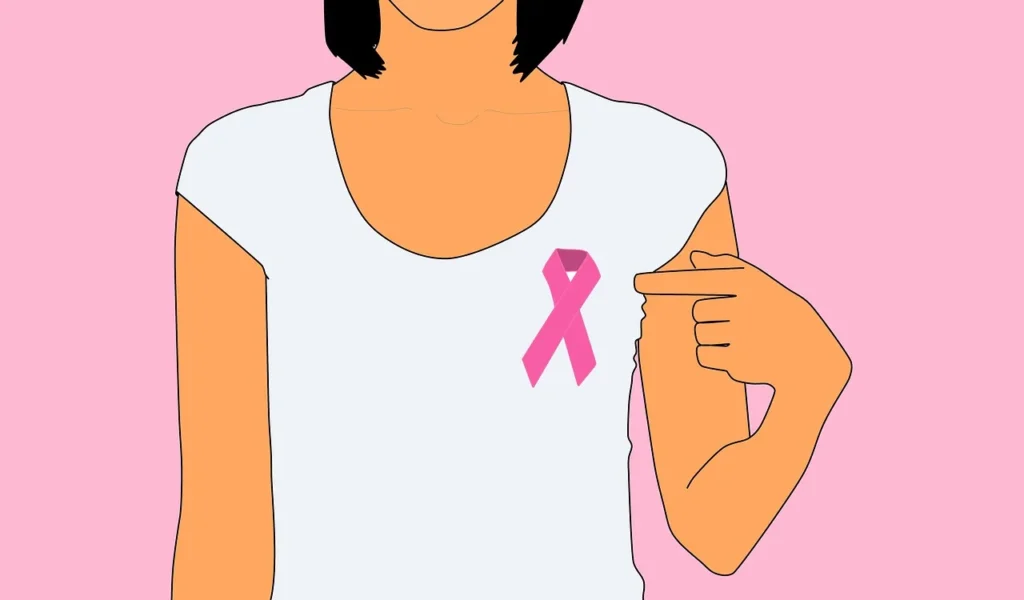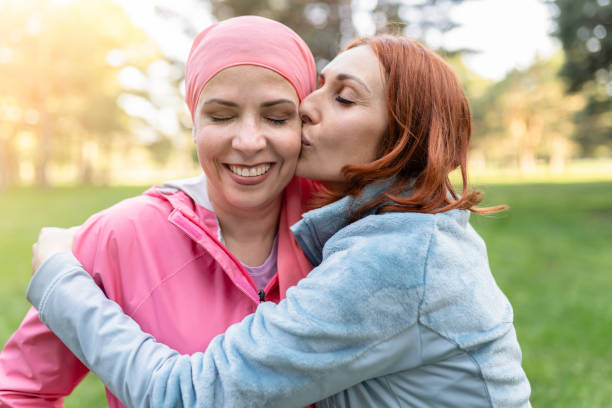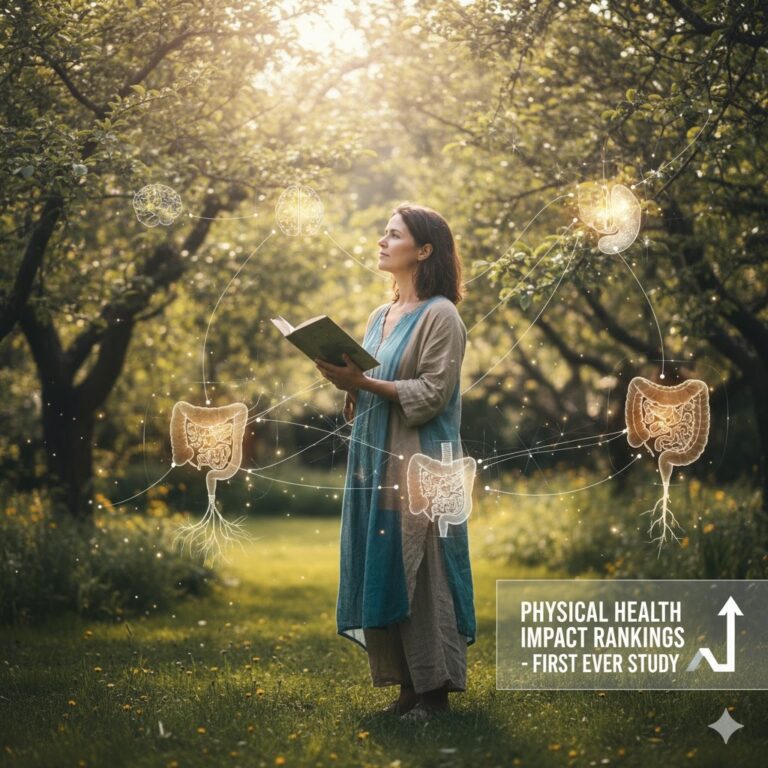
Among the conditions affecting a woman’s health, few evoke empathy as breast cancer does. In 2024, barring breakthroughs, persistent questions remain: What does breast cancer mean to you? This is a health issue, but also a cultural one that addresses issues of male or female discrimination, for it is a predominant disease but also present in males. Breast cancer is a story of strength, passion, and hope.
Understanding Breast Cancer
This breast cancer question needs some context, so let us use three or two phrases inside the question itself. To put this into perspective, a carcinoma or any malignancy arises as a result of uncontrolled proliferation of specific cells within the given organs, and in our given case of concern, the breast. Most but not all lumps may be cancerous, and whatever the case may be, cancerous lumps and tumours need to be tackled at the earliest. In layman’s terms, the earlier the better. However, in terms of diagnosis, at this advanced age of 2024 at least, mammographies, genetic diagnostics, and advanced images dramatically increase the chances of early detection.
Consider the following question: How does breast cancer impact the individual on a physiological or genetic level? The first and often the most obvious cause is likely to be inheritance from the mother, but it’s all genetic, or if she is a carrier of some mutated genes, it will be postwar bombs of either of BRCA1 and 2 genes or environmental and lifestyle changes. Yes, there are always exceptions, like people who exercise and eat properly and try to get as little exposure as they possibly can.
The Emotional Impact of Breast Cancer
Let’s talk about breast cancer and its aftermath. I remember one patient putting it quite nicely when she said, Their prognosis rarely allows for the luxury of a delay. Their world begins and ends every single day with fear, stress, and turmoil. It’s not only the anxiety of their affairs, but that of family and the entire extended family. Thus, it is not only one person who bears the stress but the entire emotional set-up is put through the wringer.
168 Furthermore, regardless of its source, be it family, friends, or a colleague, there is always counselling support to augment the plight of a patient. In 2020, there has been a growing appreciation of the mental health needs of breast cancer patients, leading to new care models which respond to patients’ emotional and physical needs. Also, the availability of online discussion forums and telepsychiatric services has greatly increased mental health service provisions.
Treatment Advances in 2024
In your opinion, how have breast cancer treatments changed, from the past up to this moment? The improvement has been tremendous. Instead of merely relying on the lethal triad of chemotherapy, radiation, and surgery, there are more effective and personalized approaches such as targeted therapies and immunotherapy. Precision medicine in 2024 revolutionizes these estimates as treatment can be customized to the individual based on their genetic makeup hence providing better treatment with fewer side effects.
Surgical methods such as lumpectomy, as well as mastectomy, have also come a long way as they are now less radical, and the availability of reconstruction has enabled patients to feel better after treatment. There are newer drugs and drug combinations under evaluation in clinical trials for patients with aggressive and metastatic breast cancer which is encouraging. These developments lead to a rethinking of breast cancer in not so much terms of a war, but rather more in terms of a manageable health problem which has better solutions in sight.
The Role of Awareness Campaigns
What are your thoughts on efforts to raise awareness about breast cancer? Over the years, initiatives aimed at raising awareness have been crucial in informing the public about the significance of early detection and working to eliminate the stigma associated with the disease. Events like Breast Cancer Awareness Month in October unite communities to support those affected and raise funds for research.
In 2024, digital platforms have enhanced these initiatives, making information more readily available than ever before. Social media, blogs, and online communities create spaces for survivors to share their experiences, providing inspiration and fostering a sense of unity. Local programs, such as free screening events and educational workshops, further strengthen these efforts. These campaigns serve as a reminder of the effectiveness of collective action in the fight against this disease.
Prevention and Lifestyle Choices
When it comes to preventing breast cancer, it’s important to know that while you can’t completely eradicate your risk, making thoughtful lifestyle choices can greatly decrease it. Engaging in regular physical activity, consuming a diet abundant in fruits, vegetables, and lean proteins, reducing alcohol consumption, and refraining from smoking are all advisable. Furthermore, being aware of your family’s medical history and discussing it with your physician can help shape preventive strategies.
Integrating techniques for mindfulness and stress reduction, like yoga or meditation, can also contribute to overall well-being. Research indicates that breastfeeding may lower the risk of breast cancer. As we consider ways to prevent breast cancer, it’s crucial to understand that even small, consistent efforts can lead to significant improvements.
Living with and Beyond Breast Cancer
What are your thoughts on surviving breast cancer? For numerous individuals, overcoming breast cancer symbolizes resilience and medical progress. Nonetheless, life post-cancer presents its own hurdles, including physical rehabilitation, emotional recovery, and the need to adapt to a new way of living. In 2024, survivorship programs will be more holistic, providing support groups, rehabilitation services, and ongoing care to meet these requirements.
The experiences of survivors often shine as sources of inspiration, demonstrating to others that life after breast cancer is not only achievable but can also be rich and rewarding. Improvements in reconstructive procedures and continuous monitoring contribute to enhancing the quality of life for survivors. These personal accounts prompt us to view breast cancer as just one chapter in life’s narrative, rather than the entire story.
The Importance of Research
What are your thoughts on research related to breast cancer? Ongoing research is essential for making strides in understanding and addressing this illness. In 2024, innovative studies are investigating areas such as immunotherapy, the use of artificial intelligence for diagnosis, and genetic modification techniques like CRISPR. These breakthroughs offer the potential to enhance the effectiveness and accessibility of treatments in the years ahead.
Support and funding remain vital for maintaining this research. Charitable organizations, government funding, and private contributions all contribute to the advancement of scientific breakthroughs. By allocating resources to science, we create opportunities for a future where breast cancer could be preventable or entirely curable.
How Society Can Support the Cause
Breast cancer and its impact require a collective effort from society. In addition to medical and scientific advancements, societal support is essential. Flexible work options from employers for patients, community fundraising activities, and individual acts of kindness all help foster a nurturing environment.
Another crucial element is education. By disseminating information about symptoms, risk factors, and the necessity of regular check-ups, we enable individuals to take charge of their health. As of 2024, advancements in technology have made educational resources more engaging, ensuring that vital information is accessible to varied groups. Additionally, workplace wellness programs and school health initiatives significantly contribute to spreading awareness.
FAQs About Breast Cancer
1. What are the early signs of breast cancer?
Early signs remember a knot for the bosom or underarm, changes in bosom shape or size, dimpling of the skin, areola release, or diligent torment in the bosom region.
2. How is breast cancer diagnosed?
Bosom disease is normally analyzed through a blend of actual tests, mammograms, ultrasounds, biopsies, and, at times, high-level imaging procedures like X-rays.
3. Can men get breast cancer?
Indeed, albeit uncommon, men can foster bosom disease. Side effects and medicines are like those for ladies.
4. What are the risk factors for breast cancer?
Risk factors incorporate age, family ancestry, hereditary transformations, hormonal variables, weight, liquor utilization, and absence of active work.
5. Is breast cancer preventable?
While not entirely preventable, adopting a healthy lifestyle, undergoing regular screenings, and being aware of personal risk factors can significantly lower the risk.
6. What are the survival rates for breast cancer?
Endurance rates differ contingent upon the stage at finding and individual elements, however early location essentially further develops results.
Final Thoughts
What is your take on bosom disease when you ponder its effect and the steps made against it? While the excursion of those impacted is unquestionably difficult, the advancement in mindfulness, treatment, and emotionally supportive networks offers trust. Bosom disease is presently not an untouchable point yet a common worry that joins people and networks around the world.
By proceeding to focus on early identification, putting resources into examination, and cultivating a climate of empathy, we can take huge steps in diminishing the weight of this illness. All in all, what is your take on bosom malignant growth? Maybe now is the right time to see it as an ailment as well as a source of inspiration — a sign of the strength of the human soul and the force of aggregate exertion.








